No products in the cart.
Sale
Lorutengitide | CAS No. 2559326-61-1
Original price was: $36.00.$24.00Current price is: $24.00.
Lorutengitide is a synthetic transcriptional regulatory peptide known for its antiproliferative activity. It is used primarily in research on cancer, gene regulation, and molecular therapeutics.
Description
Product Description
Lorutengitide (CAS 2559326-61-1) is a synthetic transcriptional regulatory peptide that exerts notable antiproliferative activity across various cellular models. Designed to interact with pathways governing transcriptional regulation, Lorutengitide has become a versatile research tool for exploring mechanisms underlying cell growth, differentiation, and oncogenesis.
Research Background
Transcriptional regulation plays a central role in maintaining cellular homeostasis. Aberrant transcriptional activity is one of the hallmarks of uncontrolled cell growth and tumor development. By modulating transcriptional signaling pathways, Lorutengitide provides a unique opportunity for researchers to study how targeted peptides can influence gene expression, cell cycle progression, and apoptosis.
Lorutengitide distinguishes itself from traditional small-molecule inhibitors by its peptide-based nature, which enhances selectivity and offers a tailored mechanism of action. This has important implications for preclinical investigations into targeted therapies.
Applications in Cancer Research
Lorutengitide’s antiproliferative efficacy positions it as a promising candidate for research into:
Tumor growth inhibition through disruption of transcriptional signaling cascades.
Synergistic use with chemotherapy or radiation therapy in preclinical models.
Mechanistic studies on cancer cell apoptosis, autophagy, and survival pathways.
Molecular Biology Relevance
Beyond oncology, Lorutengitide supports research into fundamental molecular biology:
Gene expression profiling to determine peptide impact on transcriptional activity.
Signal transduction studies, particularly involving transcription factor modulation.
Epigenetic regulation exploration, as transcriptional peptides may interact with chromatin remodeling.
Advantages as a Research Tool
High specificity toward transcriptional pathways.
Peptide design flexibility for analog development.
Relevance across multiple cell systems, including human, animal, and microbial models.
Through these properties, Lorutengitide represents an innovative addition to peptide-based transcriptional modulators, creating opportunities for cutting-edge discoveries in both cancer and gene regulation research.
Product Specifications
| Item | Details |
|---|---|
| Product Name | Lorutengitide |
| CAS No. | 2559326-61-1 |
| Molecular Formula | Available upon request |
| Molecular Weight | Peptide range, calculated upon sequence data |
| Source | Synthetic peptide |
| Purity | ≥98% (HPLC) |
| Appearance | White to off-white lyophilized powder |
| Solubility | Water-soluble; soluble in PBS and buffer systems |
| Storage | -20°C, desiccated, protected from light |
| Stability | Stable for 12 months under recommended storage |
| Applications | Transcriptional regulation studies, cancer biology research, antiproliferative activity research |
| Delivery Form | Lyophilized peptide in sterile vials |
Extended Notes:
Purity: HPLC and mass spectrometry validated.
Handling: Recommended sterile preparation for cell culture experiments.
Application Spectrum: Oncology, molecular biology, and drug discovery.
Mechanism of Action
Lorutengitide acts primarily by modulating transcriptional regulation, targeting cellular signaling that governs gene expression and proliferation.
Transcriptional Modulation
It influences transcription factor activity and possibly interferes with promoter-binding mechanisms, altering downstream gene expression.Antiproliferative Pathway Activation
By disrupting regulatory checkpoints, Lorutengitide triggers growth arrest in rapidly dividing cells, making it highly relevant in tumor models.Apoptotic Induction
In some cellular models, Lorutengitide has been linked to the upregulation of pro-apoptotic pathways, facilitating programmed cell death.Potential Epigenetic Interactions
Although still under research, transcriptional regulatory peptides may interact with chromatin structure, providing a secondary mechanism of action.
This combination of transcriptional control and growth inhibition makes Lorutengitide a versatile experimental compound in oncology and molecular biology.
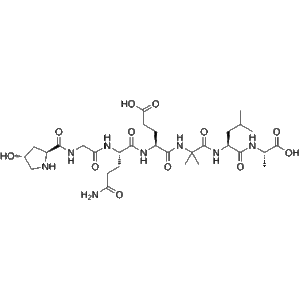
Side Effects
Preclinical Safety
Generally well tolerated in in vitro models.
Minimal cytotoxicity reported outside targeted antiproliferative activity.
Potential Experimental Observations
Growth Arrest: Expected in proliferating cell lines.
Apoptosis: Dose-dependent induction in tumor models.
Cytotoxic Effects: High concentrations may trigger nonspecific toxicity.
Precautions
Results may vary by cell type.
Should be handled with standard laboratory safety procedures.
Not approved for therapeutic or diagnostic use.
Disclaimer
All information is provided for research and laboratory use only. Lorutengitide is not intended for human consumption, medical treatment, or diagnostic purposes.
Keywords
Lorutengitide peptide, CAS 2559326-61-1, transcriptional regulatory peptide, antiproliferative peptide, cancer biology research peptide, peptide transcription regulator, oncology peptide, laboratory research peptide.
Shipping Guarantee
We provide comprehensive global logistics services for research customers:
Customs-Cleared & Tax-Inclusive: All products are shipped with full customs clearance and tax included, without requiring customers to provide complicated import documents.
Full Compensation: In case of damage or loss during transportation, we provide 100% compensation to ensure your research is not interrupted.
Efficient Delivery: Multiple international courier options are available, with trackable shipping information for secure and timely delivery.
Transaction Guarantee
We support a wide range of secure and flexible payment methods:
T/T Bank Transfer
PayPal
Cryptocurrency payments (USDT, BTC, ETH, etc.)
Additional payment options available upon request.
With strict transaction safeguards, we ensure your procurement experience is safe, transparent, and convenient.
Additional information
| Weight | 0.8 kg |
|---|---|
| Dimensions | 56 × 23 × 56 cm |
What is Lorutengitide?
Lorutengitide is a transcriptional regulatory peptide with antiproliferative efficacy.
What is the CAS number of Lorutengitide?
The CAS number is 2559326-61-1.
What are the main applications of Lorutengitide?
It is primarily used in research on cancer, transcriptional regulation, and peptide therapeutics.
How does Lorutengitide work?
It modulates transcriptional pathways, leading to growth arrest and apoptosis in proliferating cells.
What form is Lorutengitide supplied in?
Lyophilized peptide, ≥98% purity, HPLC tested.
How should Lorutengitide be stored?
Store at -20°C, protected from light and moisture.
Is Lorutengitide suitable for human use?
No. It is strictly for laboratory and research purposes only.
What are the side effects in research settings?
Primarily growth inhibition and apoptosis in proliferating cells; nonspecific cytotoxicity possible at high doses.
Can Lorutengitide be used in epigenetic studies?
Yes, as transcriptional regulation may involve chromatin interactions.
What shipping guarantees are provided?
All orders include customs clearance, tax coverage, and full compensation for loss or damage.
Which payment methods are supported?
T/T, PayPal, and cryptocurrency transactions are supported.



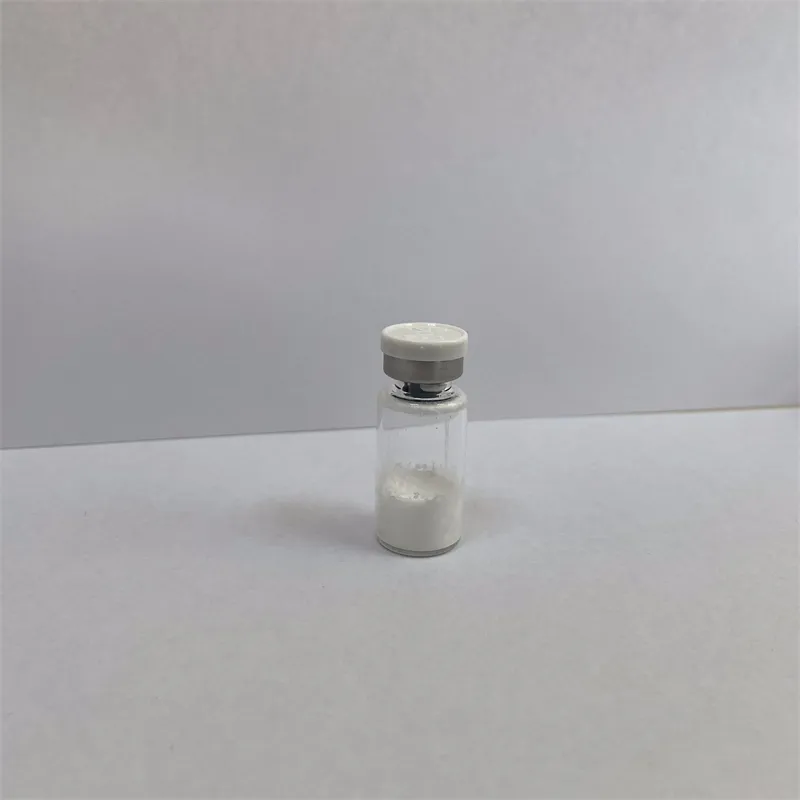

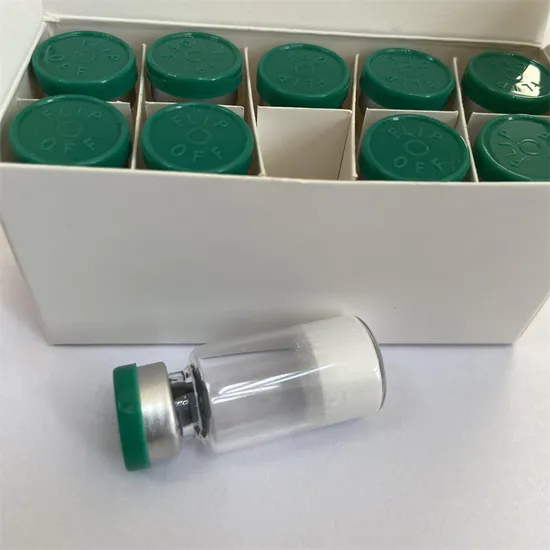
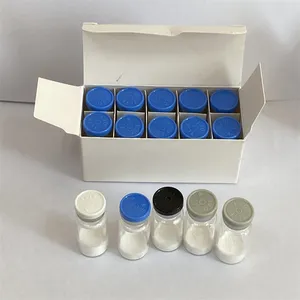

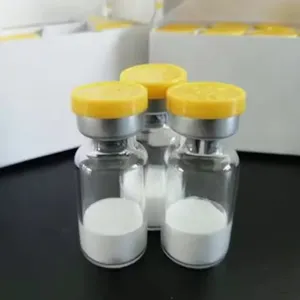

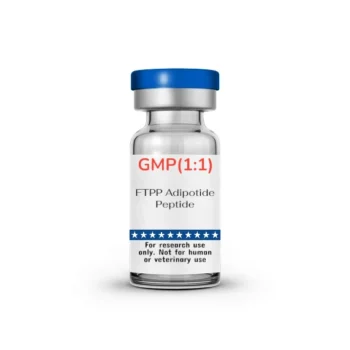
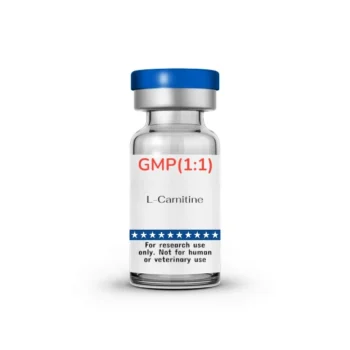
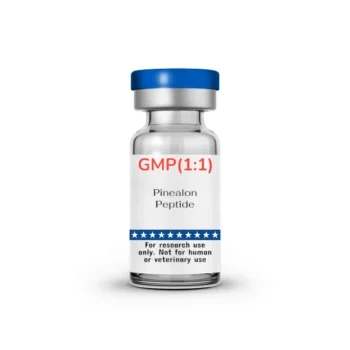


Reviews
There are no reviews yet.